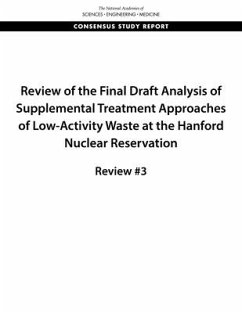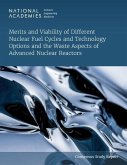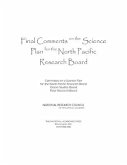In 1943, as part of the Manhattan Project, the Hanford Nuclear Reservation was established with the mission to produce plutonium for nuclear weapons. During 45 years of operations, the Hanford Site produced about 67 metric tonnes of plutonium?approximately two-thirds of the nation's stockpile. Production processes generated radioactive and other hazardous wastes and resulted in airborne, surface, subsurface, and groundwater contamination. Presently, 177 underground tanks contain collectively about 210 million liters (about 56 million gallons) of waste. The chemically complex and diverse waste is difficult to manage and dispose of safely. Section 3134 of the National Defense Authorization Act for Fiscal Year 2017 calls for a Federally Funded Research and Development Center (FFRDC) to conduct an analysis of approaches for treating the portion of low-activity waste at the Hanford Nuclear Reservation intended for supplemental treatment. The third of four, this report provides an overall assessment of the FFRDC team's final draft report, dated April 5, 2019.








